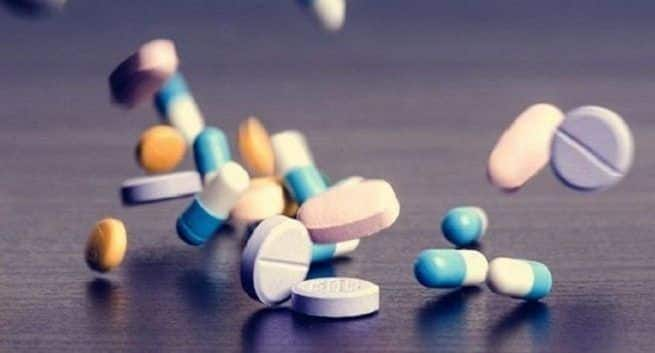2 new drugs promise to treat as well as prevent infection

Along with effective vaccines, it is also important to have drugs to combat the deadly COBVID-19 disease. Experts have put forward the names of a couple of such new drugs after studies and many existing drugs have been repurposed for the fight against the pandemic. Now, after extensive research, scientists from QIMR Berghofer Medical Research Institute in Australia’s Queensland have developed two new drugs that can apparently prevent COVID-19 infection as well as treat people who have been exposed to the virus so that they do not develop severe disease. The journal Nature Cell Discovery published the study.
New drugs work by targeting response of human cells to virus
The two early intervention drugs target how human cells respond to the COVID-19 virus, instead of the virus itself. One of the drugs is a peptide-based drug. It is meant to be taken before exposure to the virus. This will help boost the efficacy of vaccines. The second drug is meant to stop the spread of the virus in already infected cells.
Peptide-based drug cloaks ACE2 receptor protein
Laboratory tests show the first peptide-based drug reduces infection by cloaking the ACE2 receptor protein on human cells. The SARS-CoV-2 spike protein uses the ACE2 receptor to bind to and invade cells. The virus then latches onto the cloaking peptides, which they mistake for human cells. This helps in preventing infection.
Second drug boosts immune system
According to researchers, if still the virus finds its way into human cells, the second peptide-drug can block how the virus hijacks the host cell and replicates. It also boosts the immune system’s ability to recognise the virus. Researchers were able to develop the drugs after discovering that some people have a chemical tag which acts like a padlock on the ACE2 receptor. They say that the tag can either keep the receptor locked or open thereby controlling infection. This means that people who have the ‘padlock-like’ tag on their ACE2 receptors will be less susceptible to COVID-19 and those without the tag are more vulnerable to infection. Both the drugs stop the tag from being removed and also protect the untagged ACE2 receptors from being infected. If the virus invades the cells, it would unlock the tag from the inside and allow more efficient virus replication.
Easy to use and distribute
According to researchers, both these drugs are stable and can be stored at room temperature. This makes them easy to distribute and there will be no wastage. For the purpose of the study, researchers studied COVID-19 patient blood and human cells and tested the drugs in hamsters at France’s pre-clinical and clinical research facility, IDMIT. Early results are promising. Researchers say that they have noticed no toxicity and very few side effects of these drugs.
This post first appeared on The Health Site








